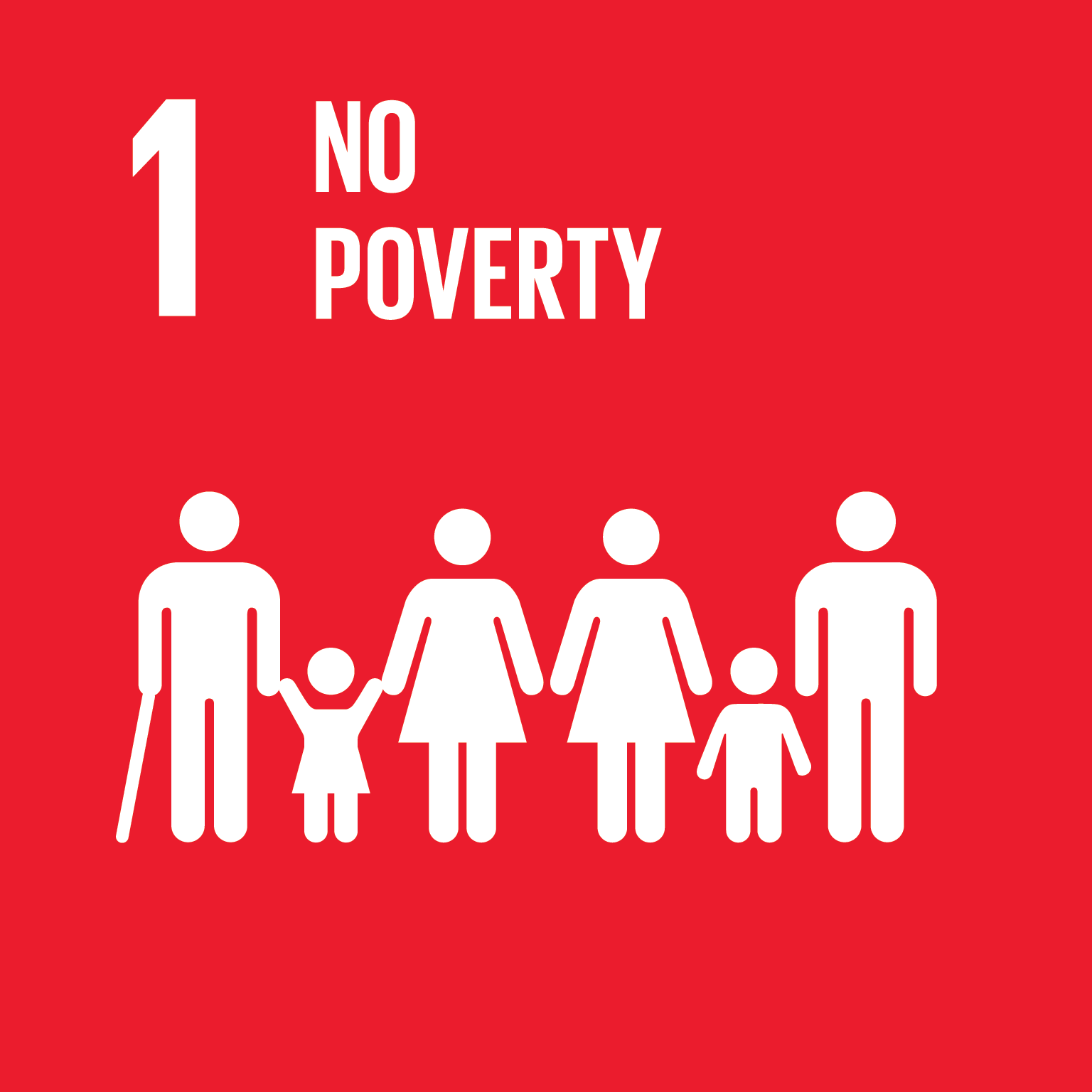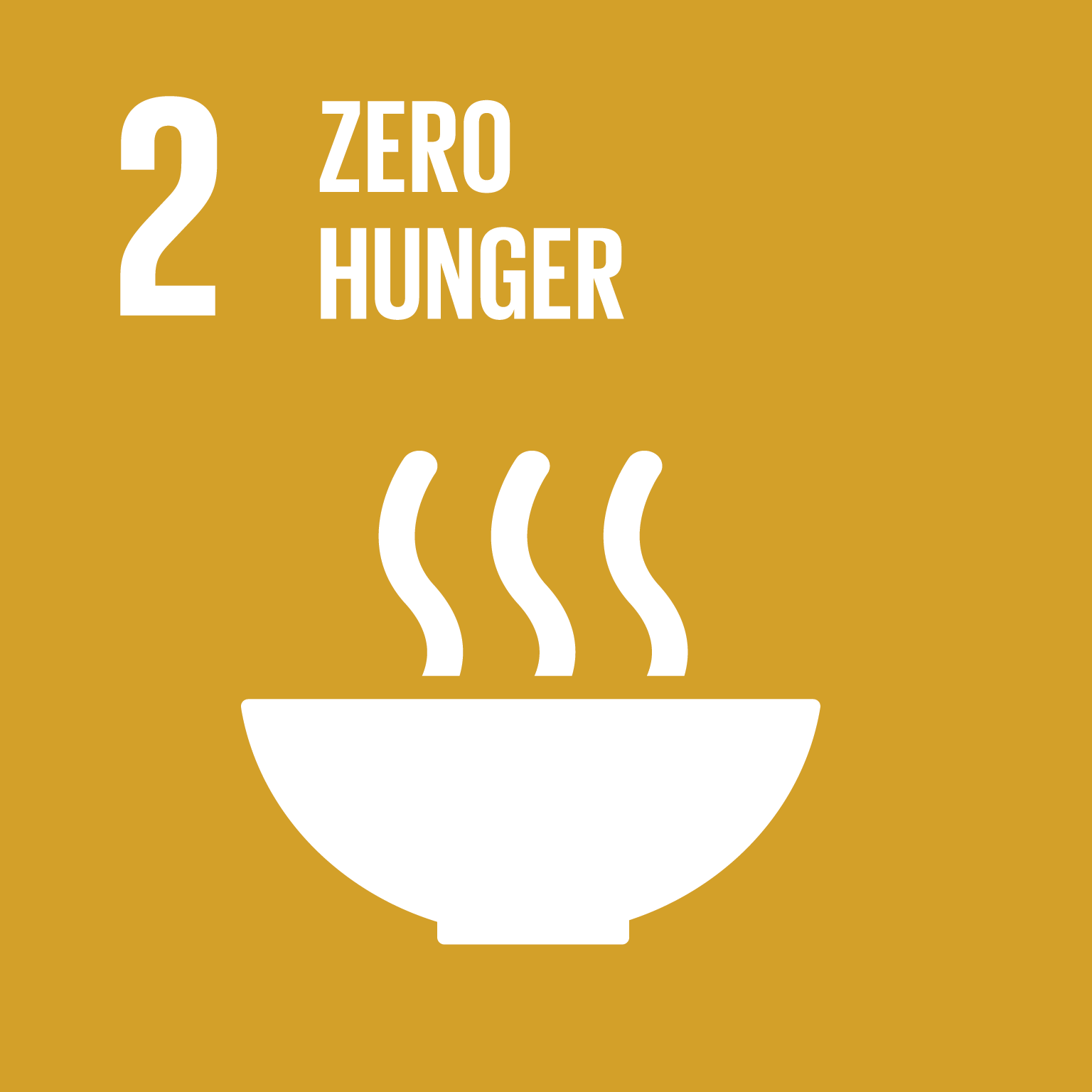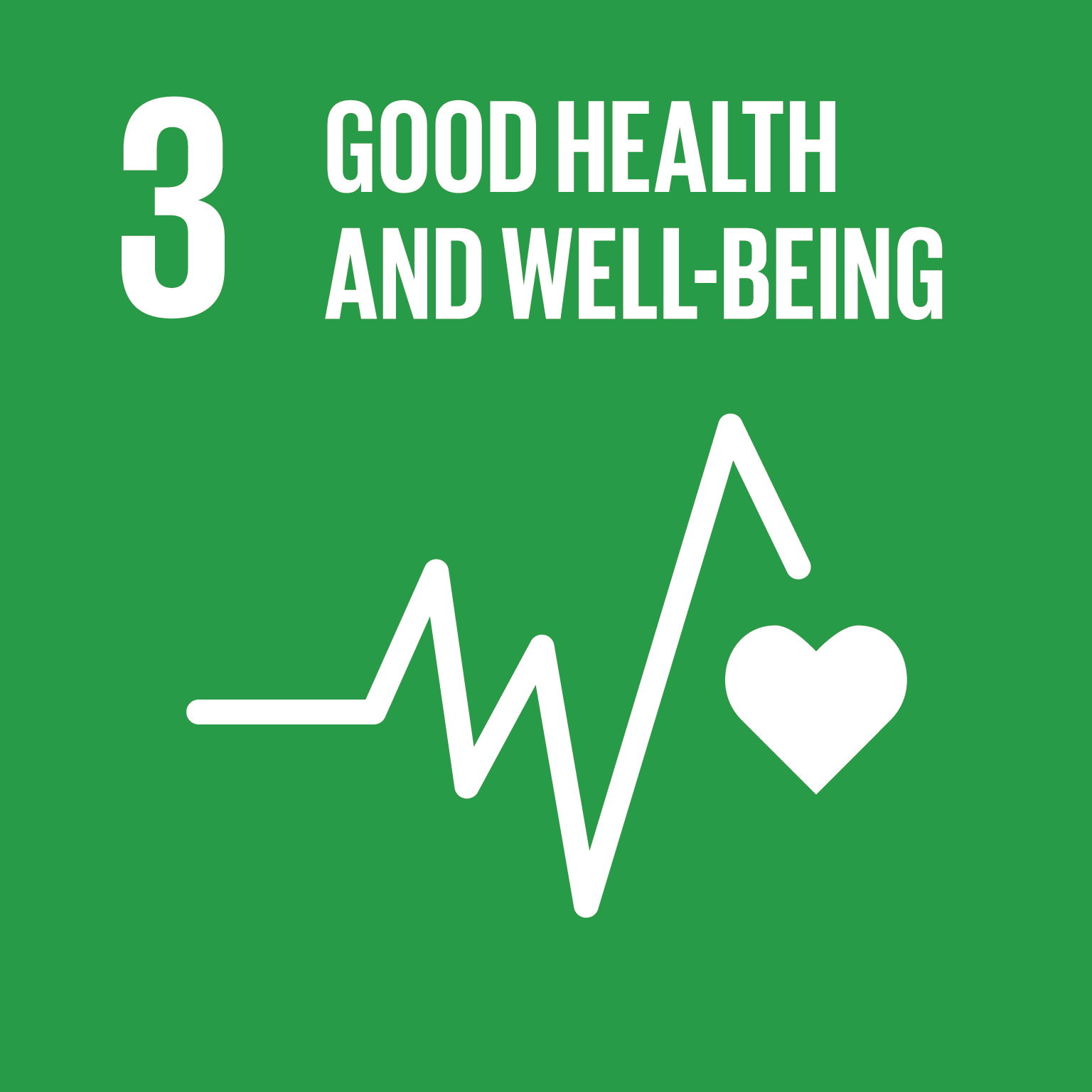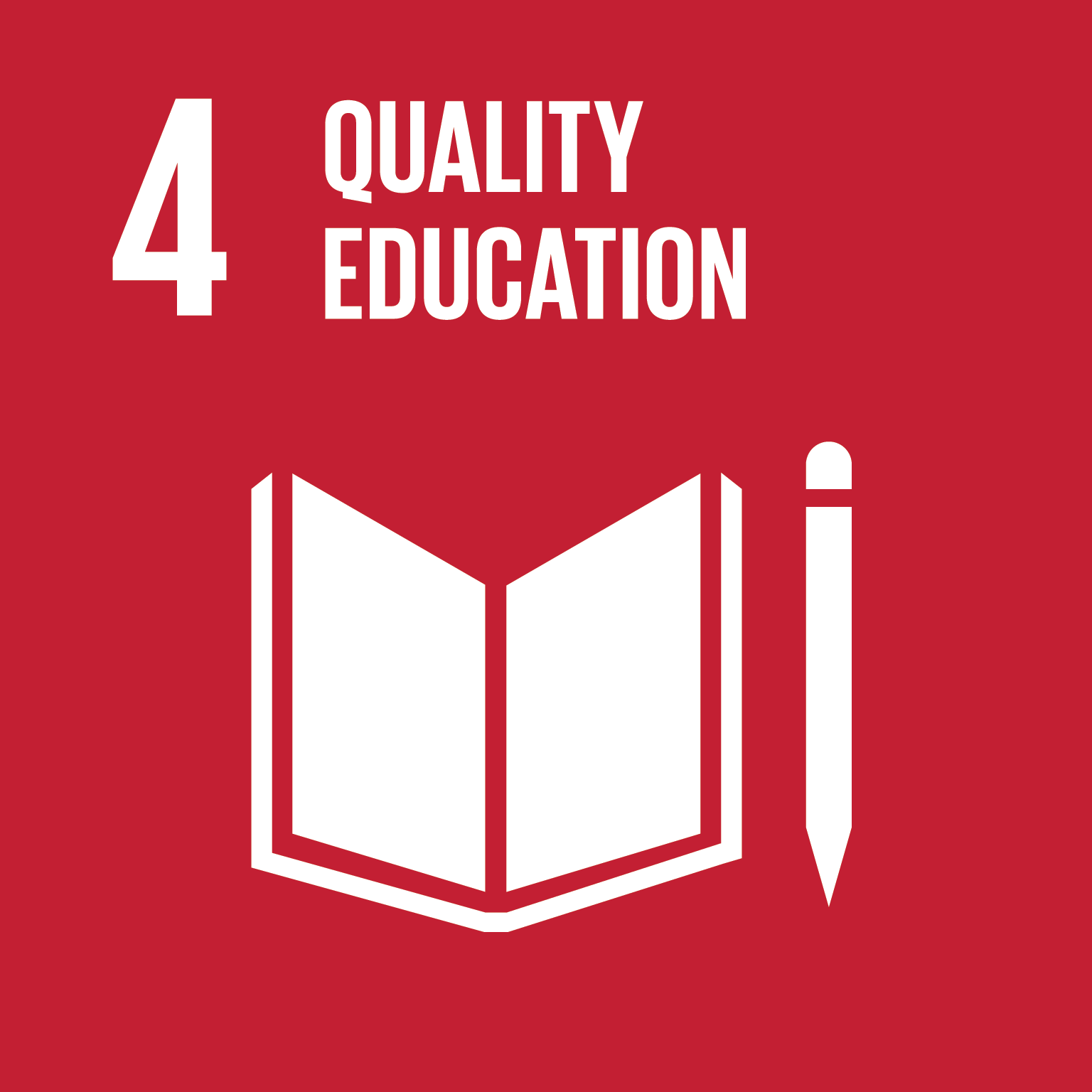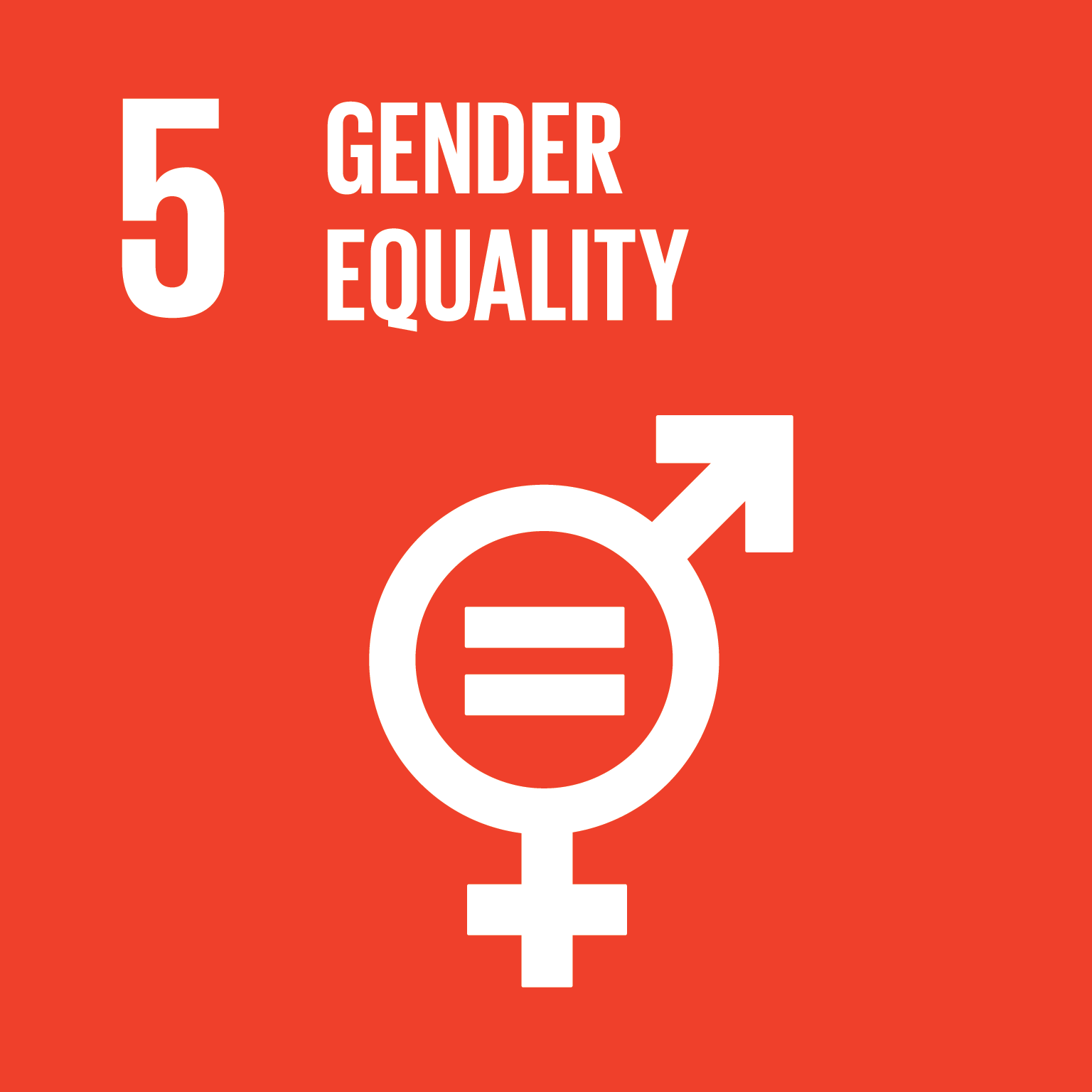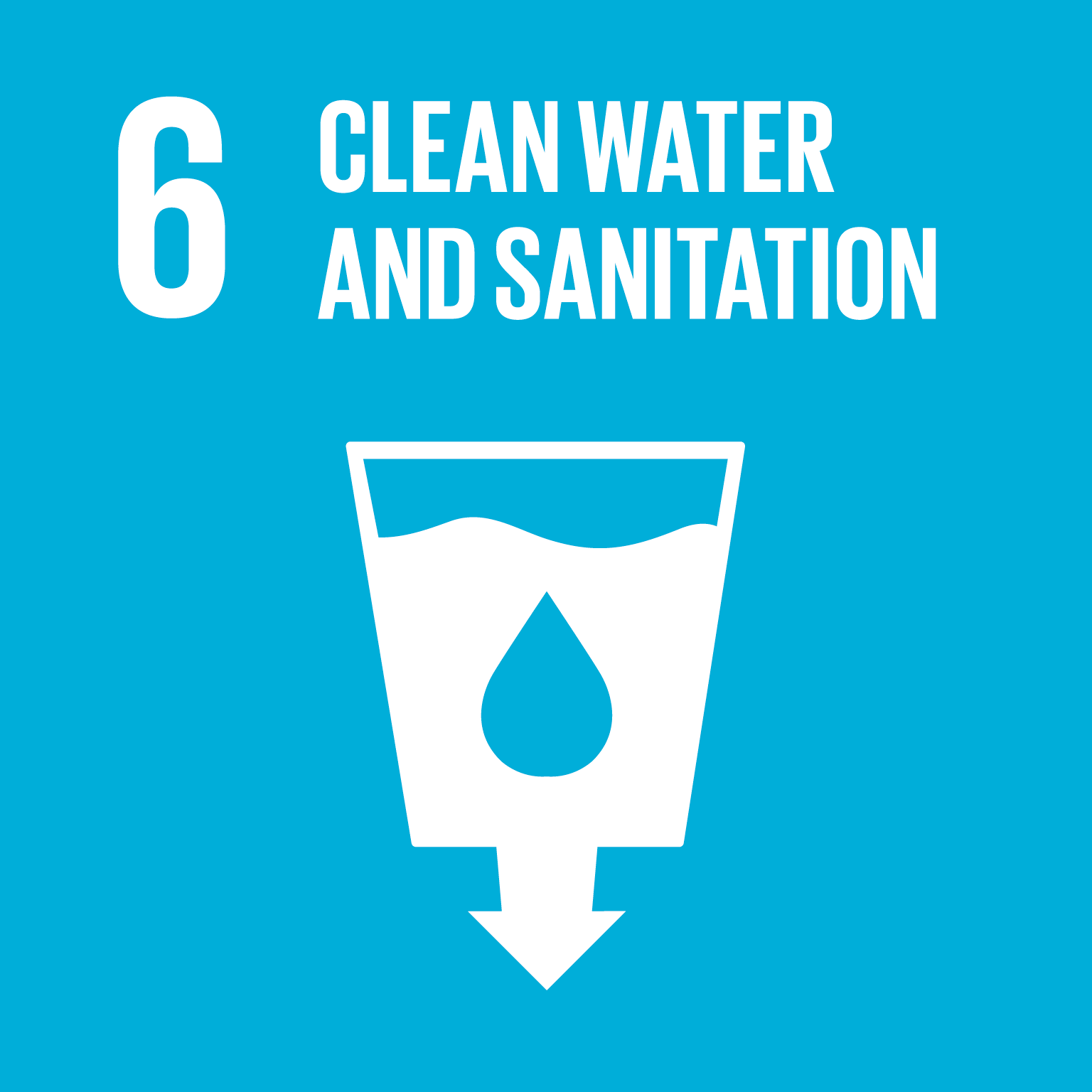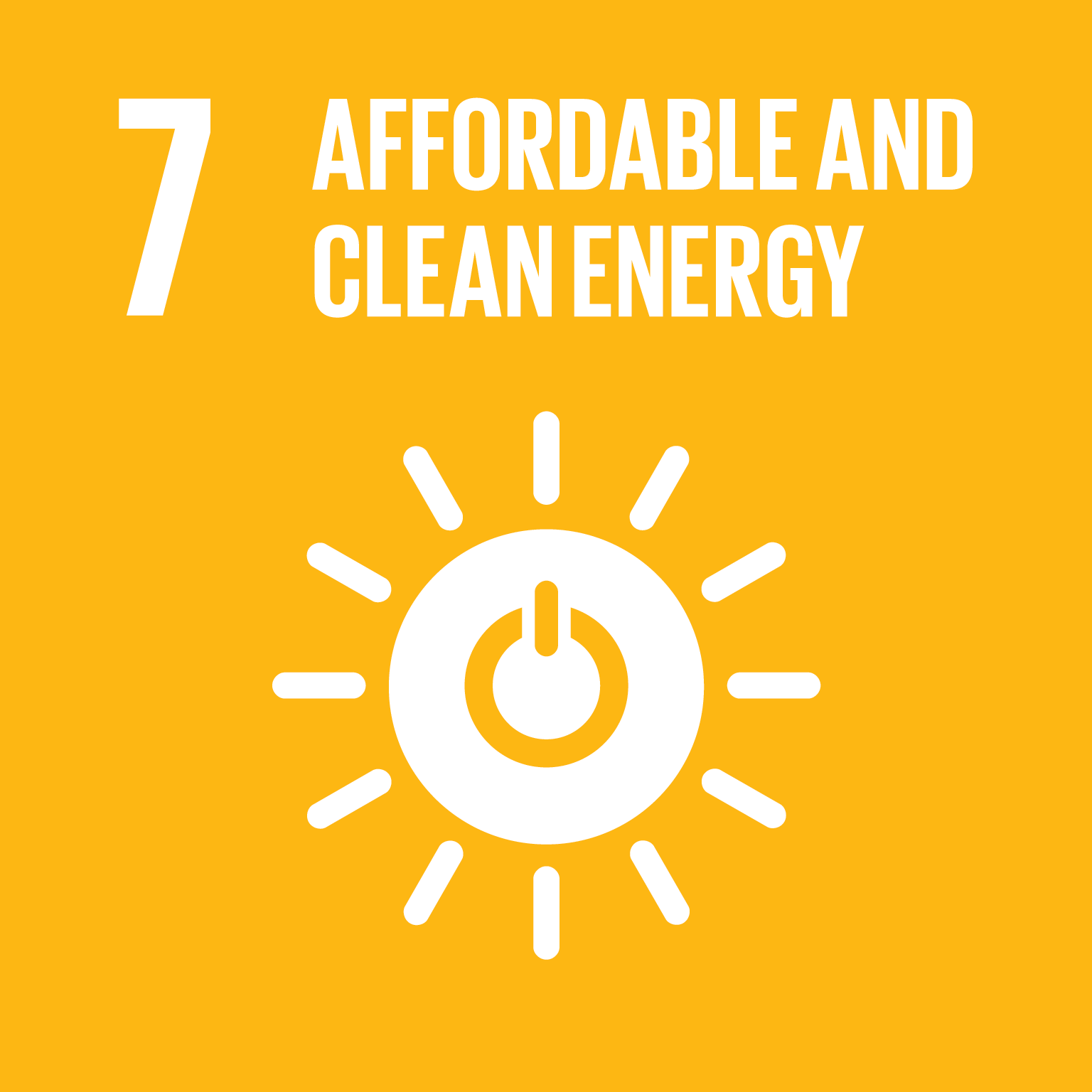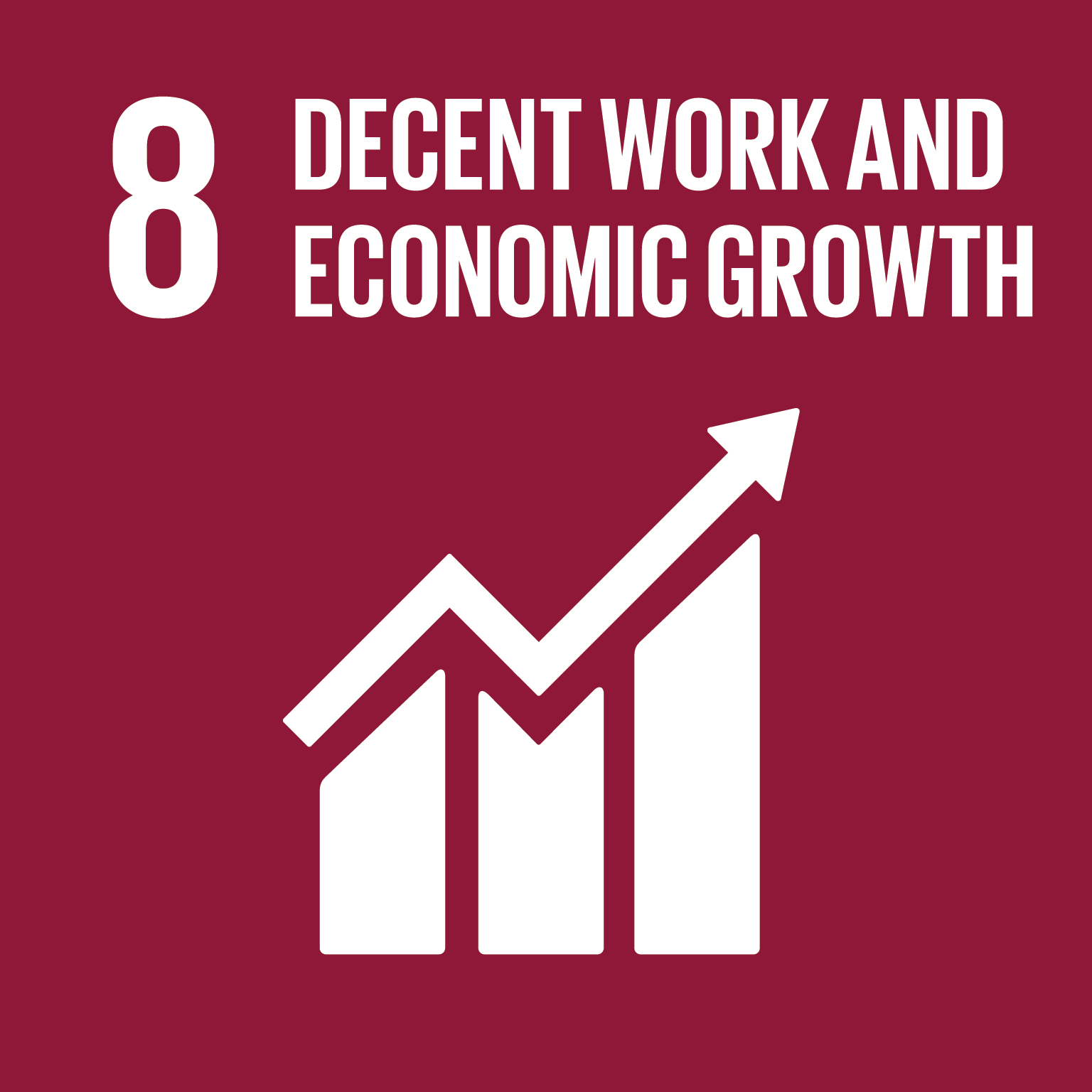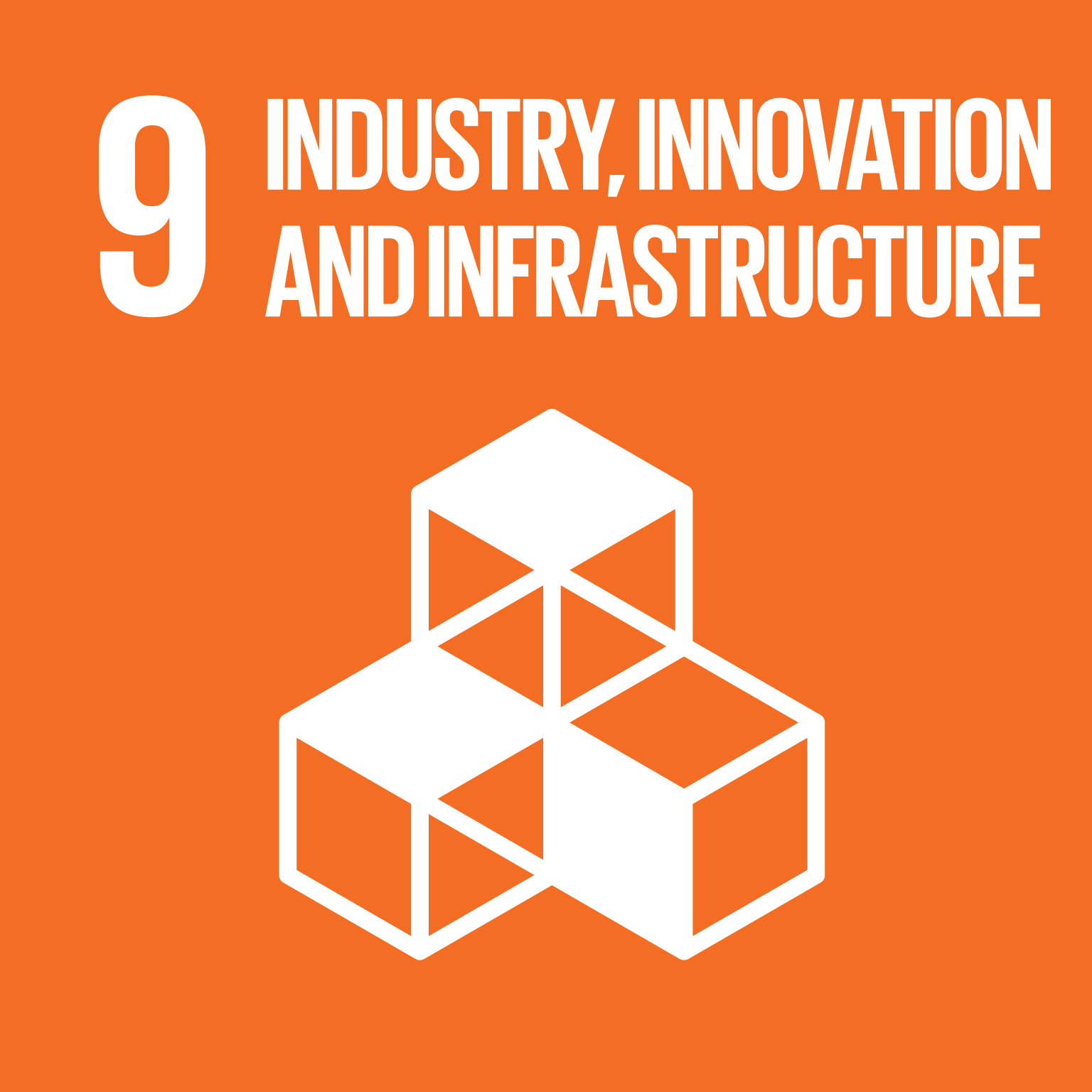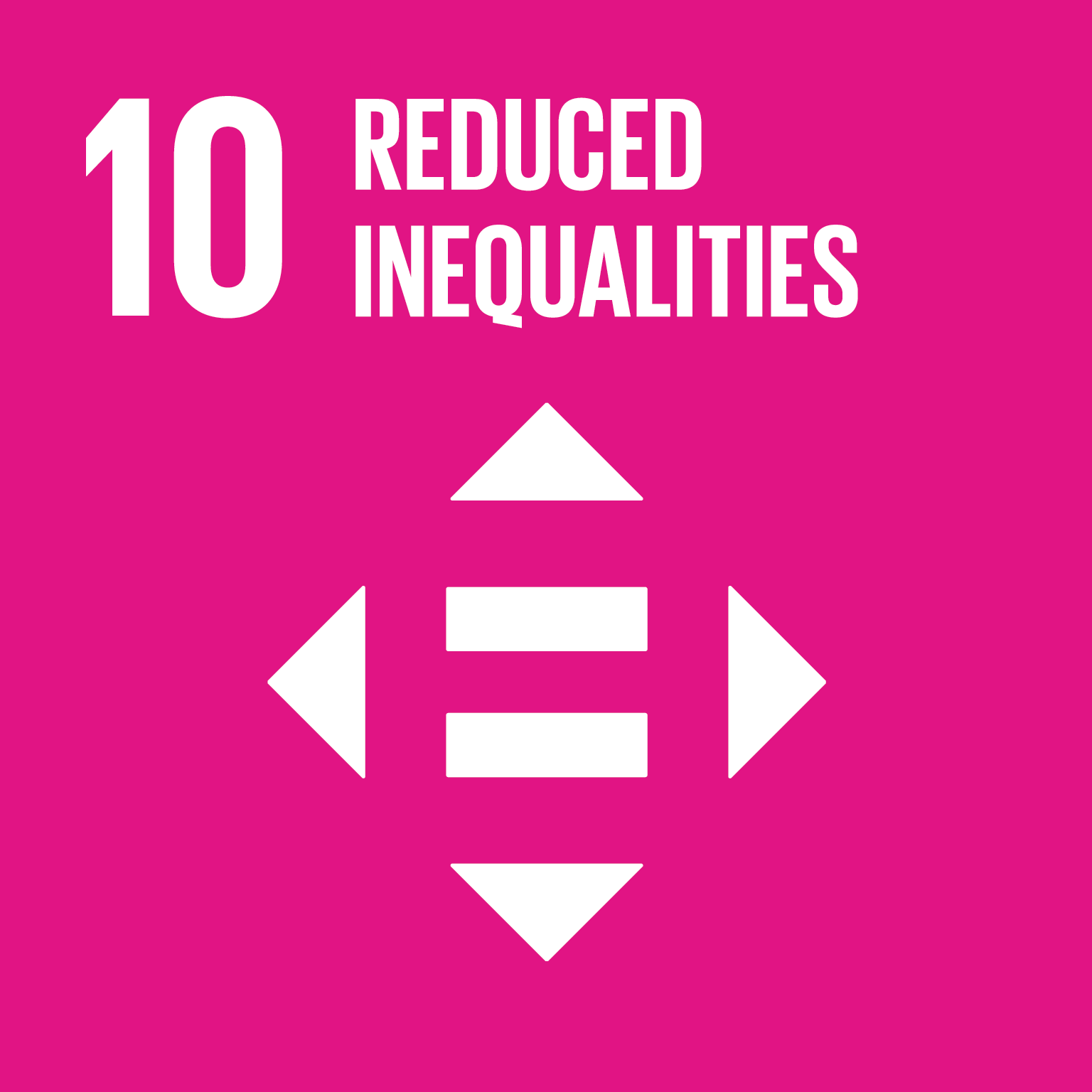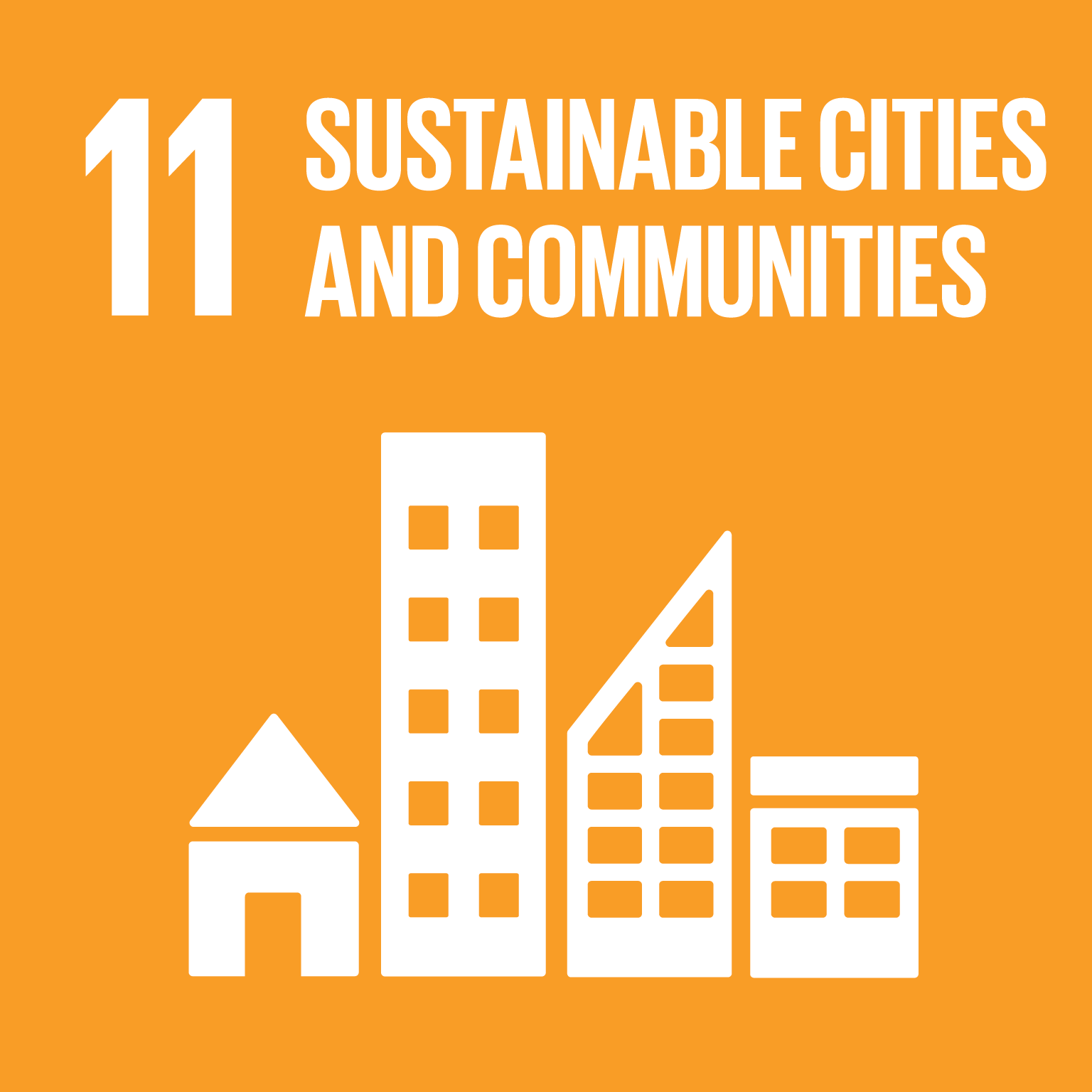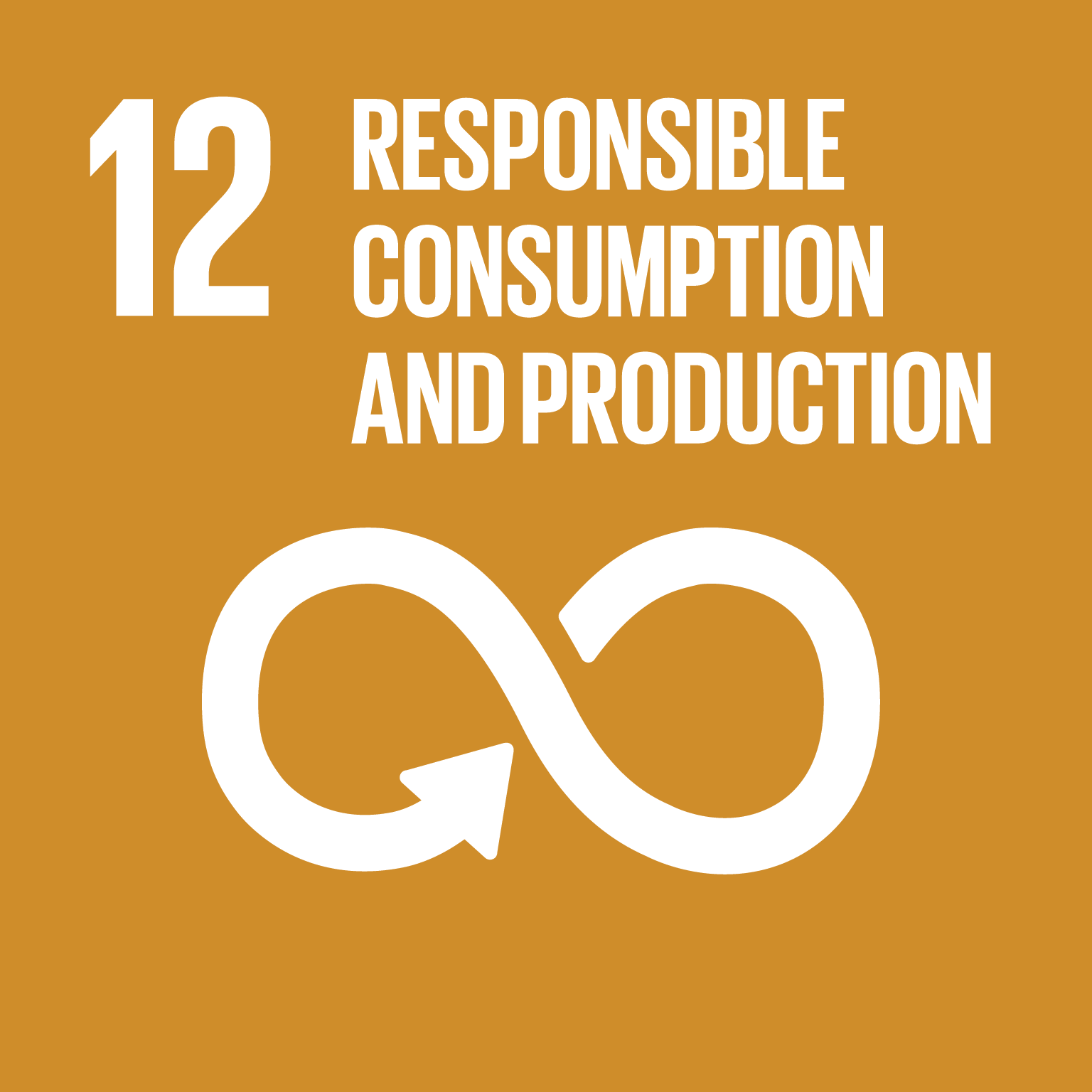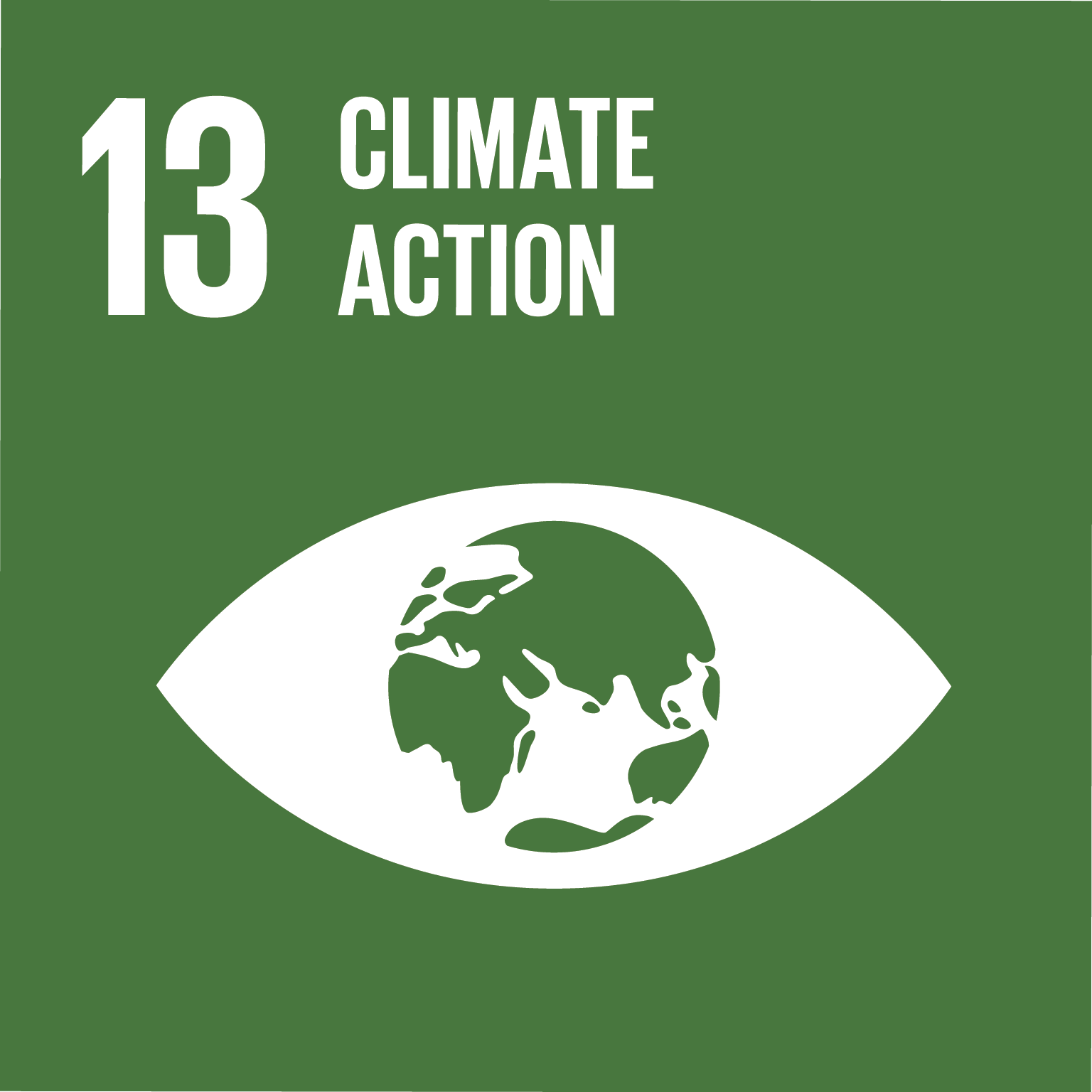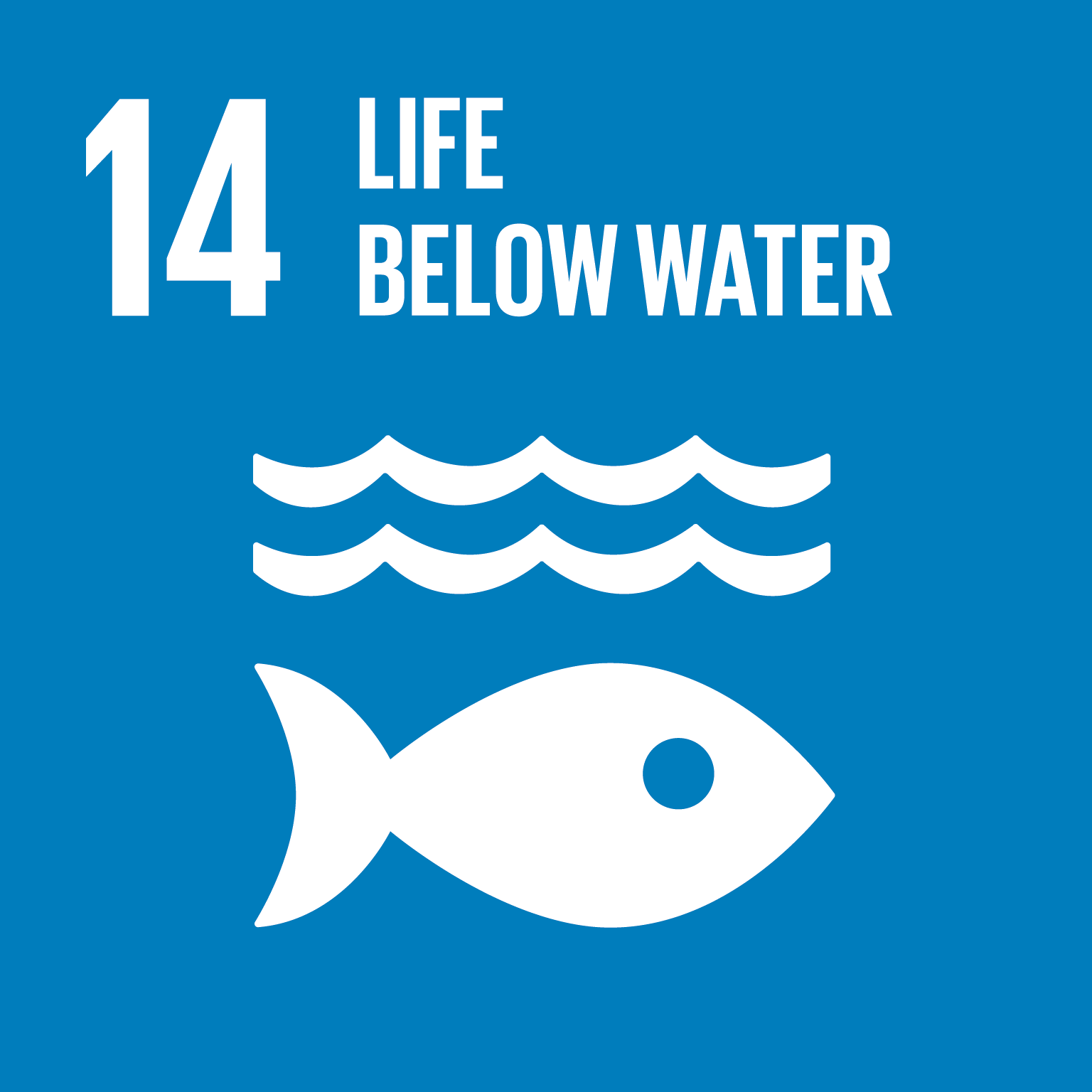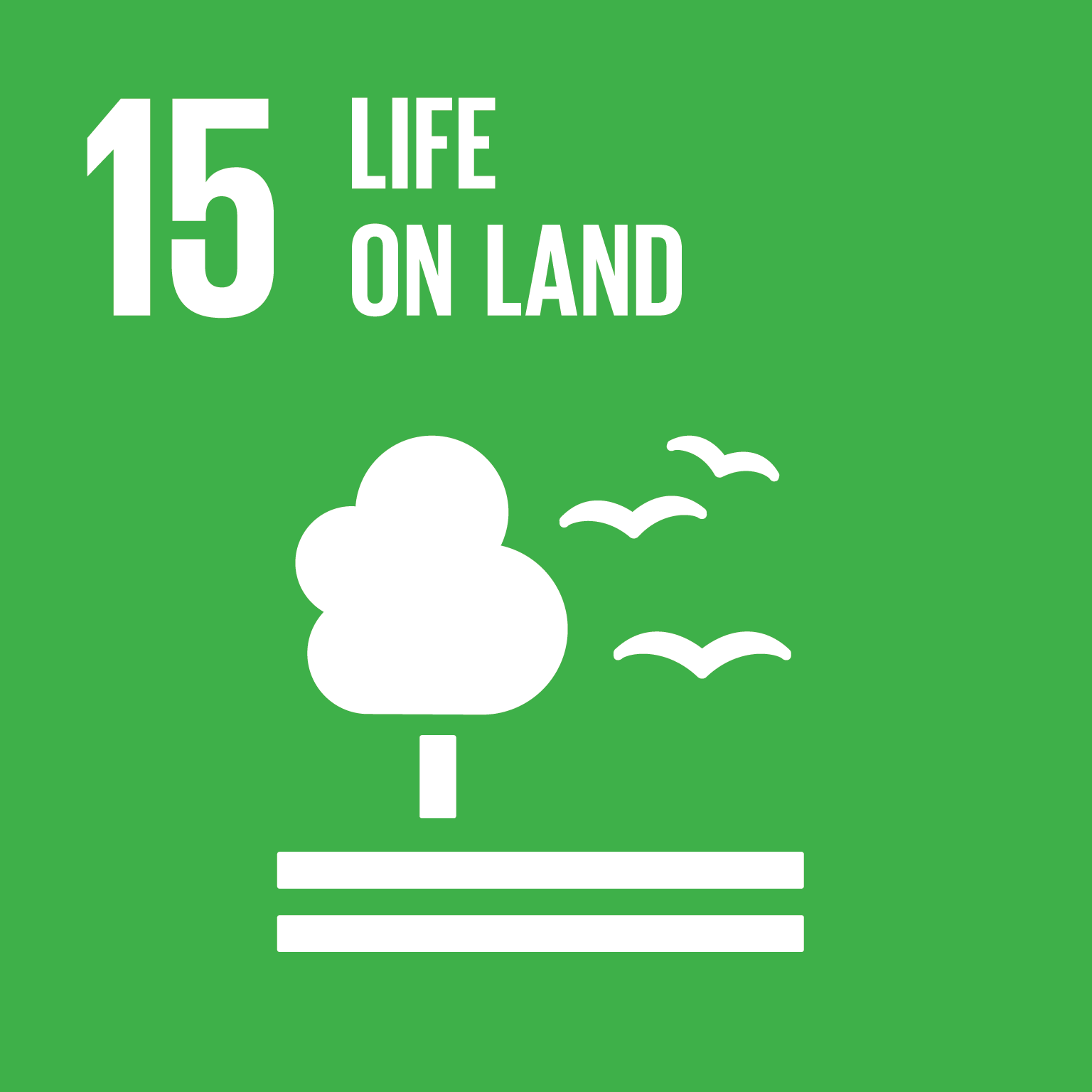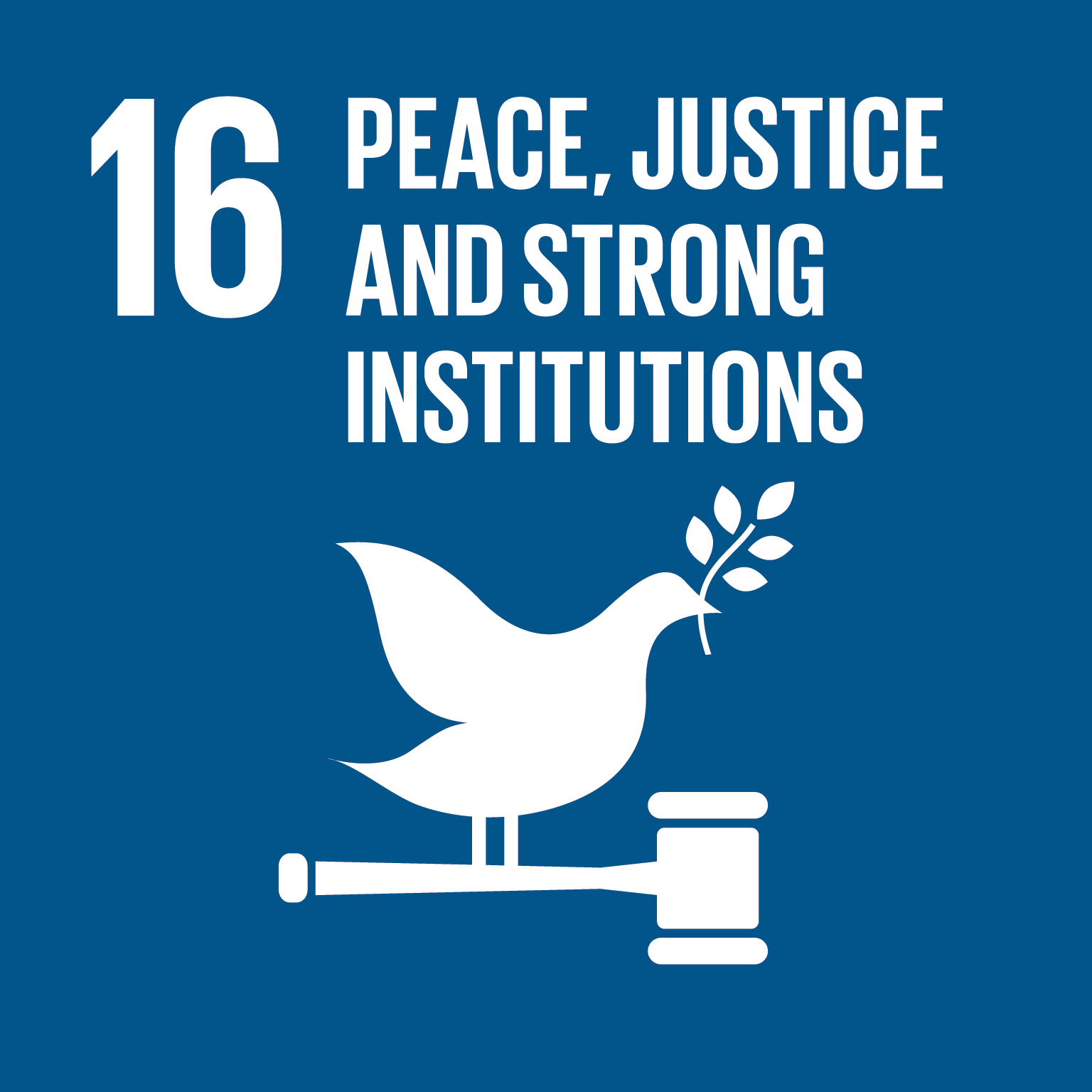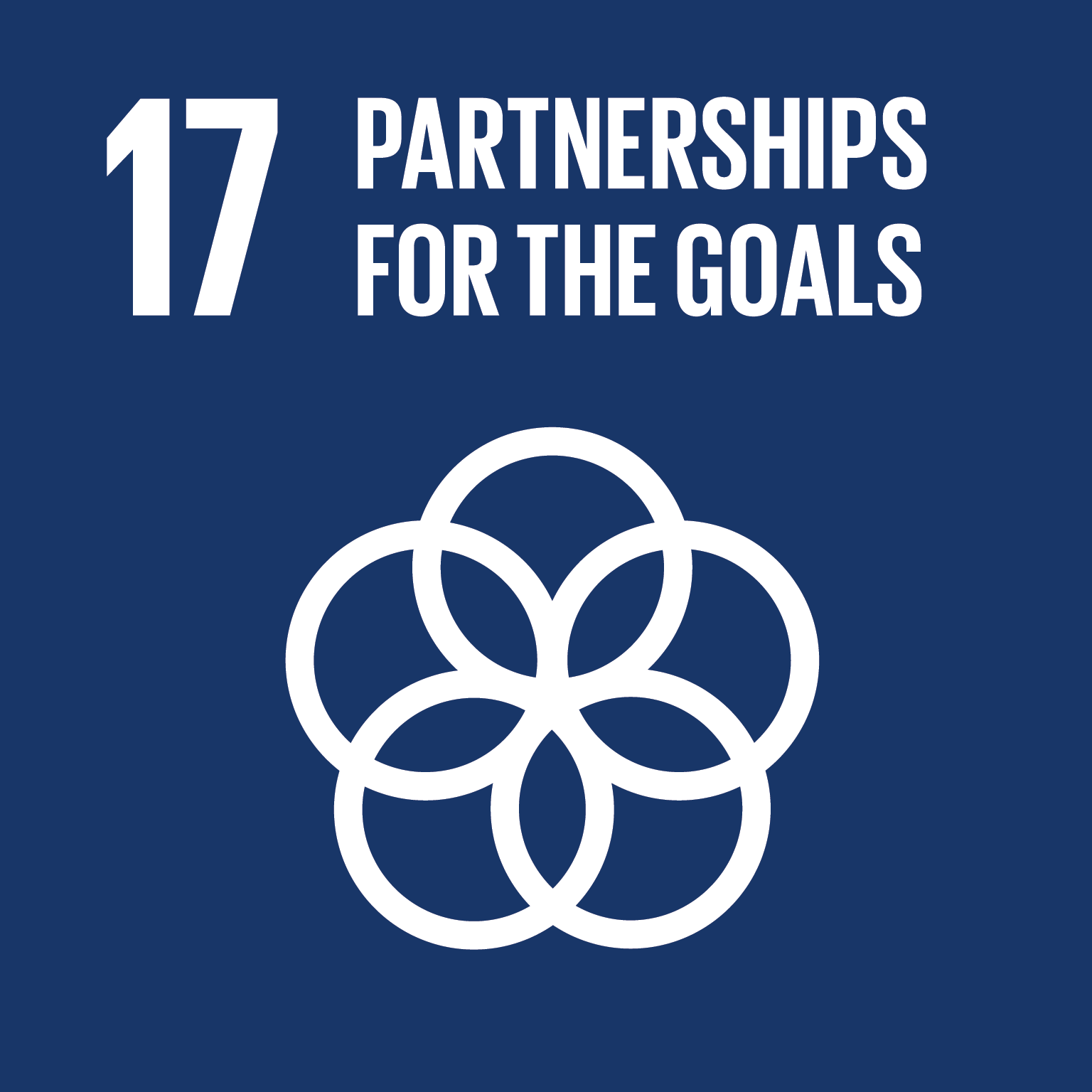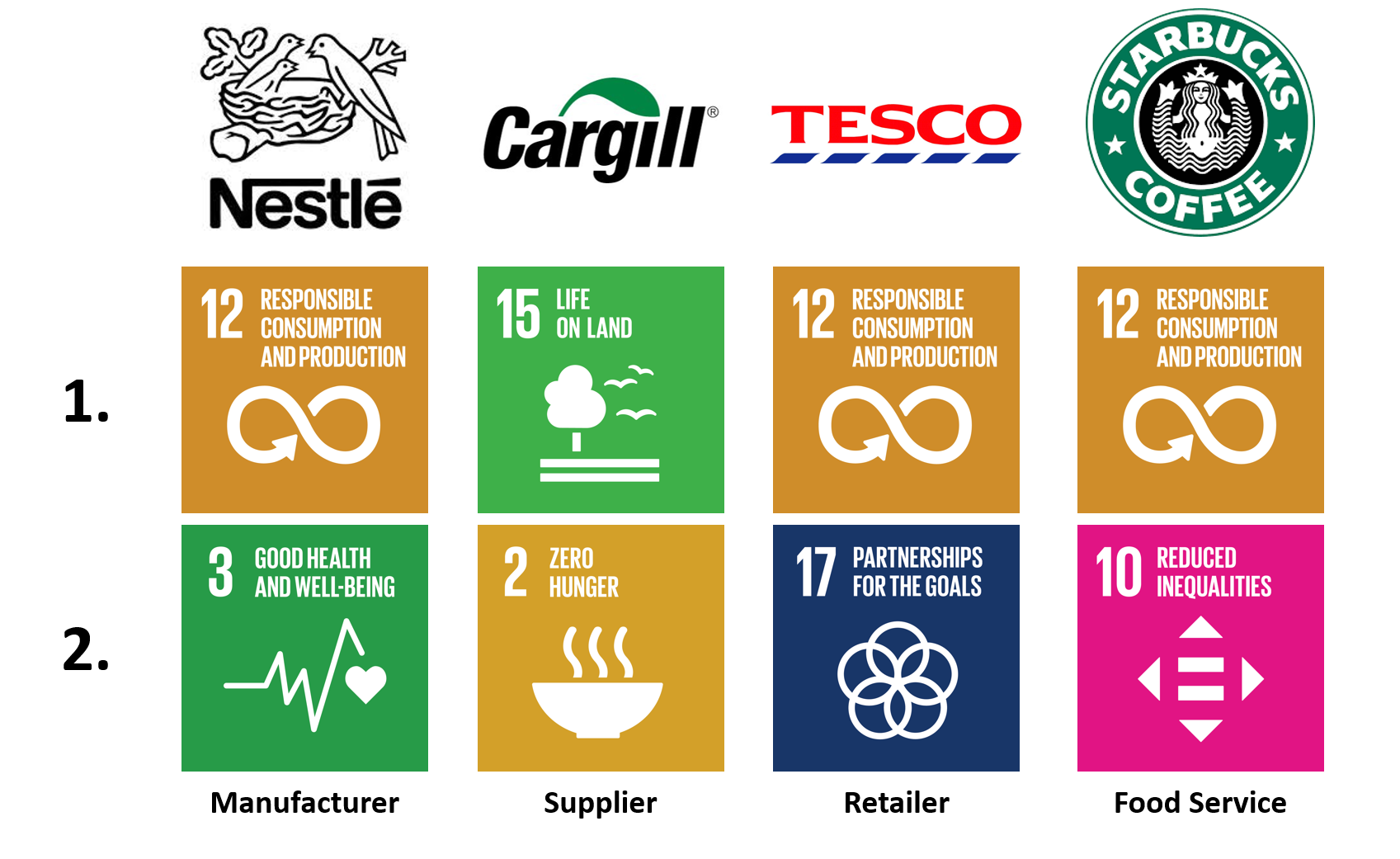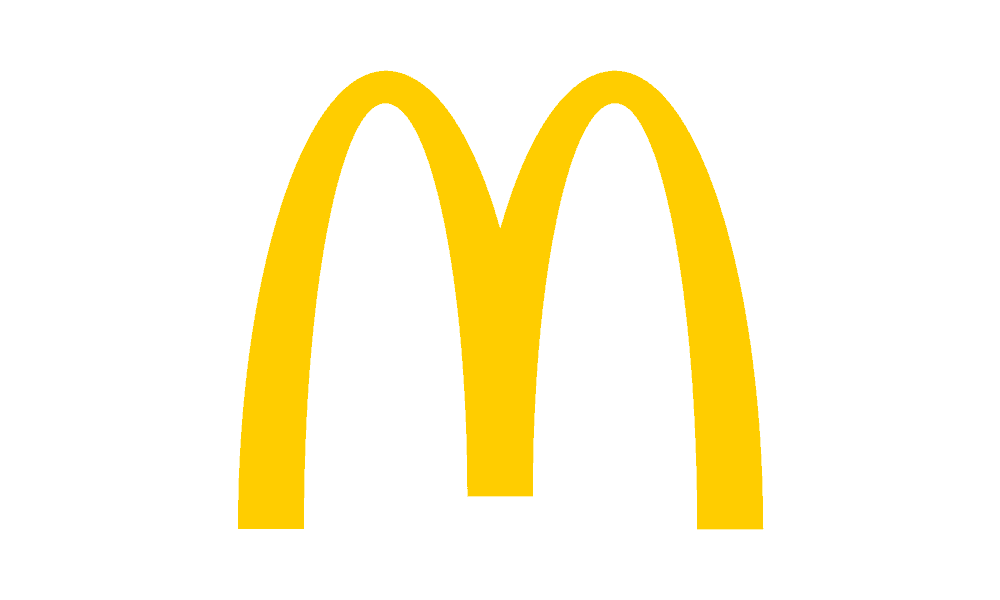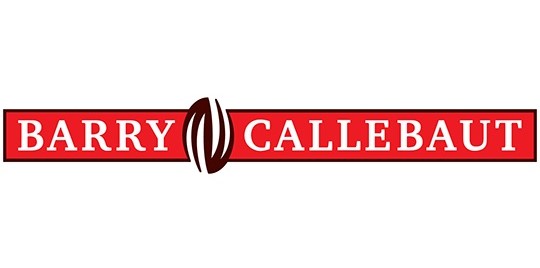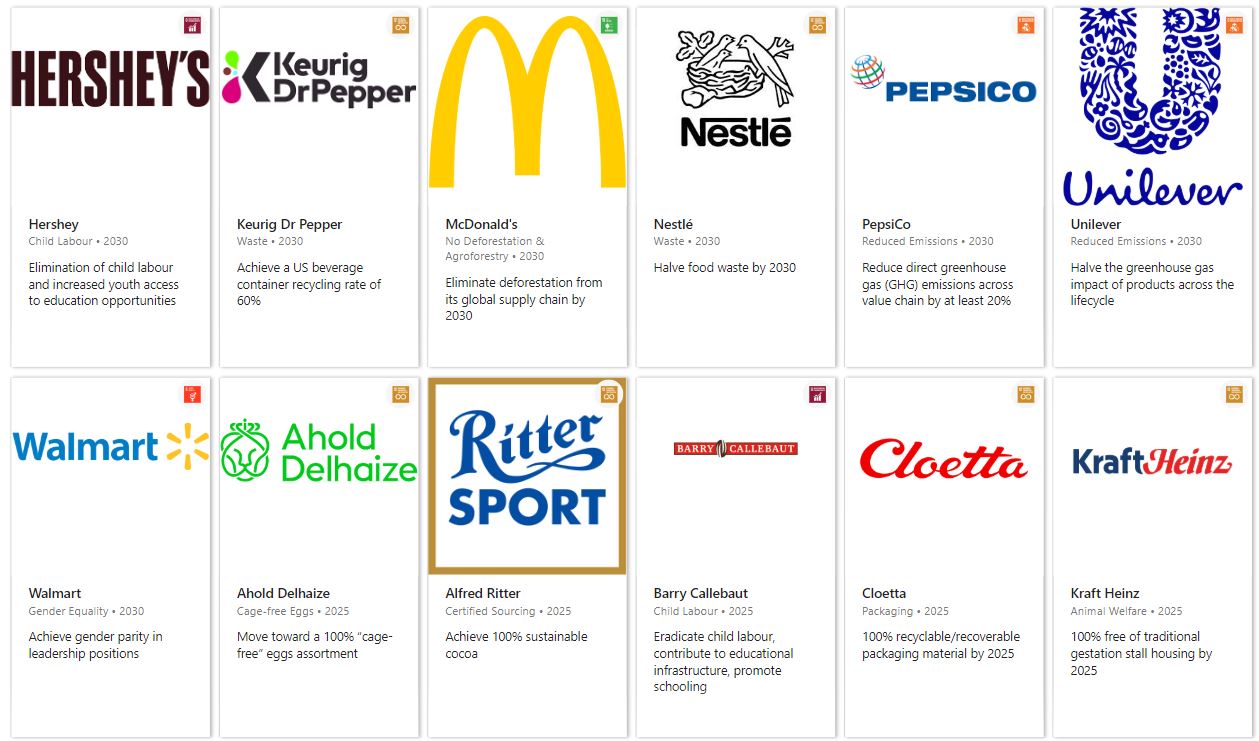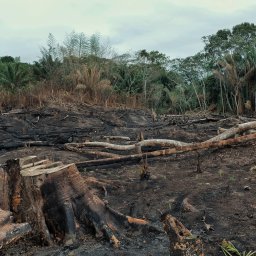
Never before has food & drink industry been under such a spotlight. Consumers and business owners are conscious to the pressing issues facing our planet and are looking for ways to minimise negative impacts. Environmental concerns, from deforestation to the need for reliable sustainable and modern energy, fill increasingly more column inches and continue to place pressure on corporations to act responsibly.
Then there’s the humanitarian aspect: child labour, gender inequality and extreme poverty continue to plague specific sectors of food and drink, particularly commodities like tea, coffee and cocoa.
This guide looks at the imperative issues facing the planet and the food and drink industry as defined by the UN’s Sustainable Development Goals. Using data from Lumina Intelligence Sustainability, we will see on which goals the food and drink private sector is focused, as well as the players pulling their weight.
What are the UN’s Sustainable Development Goals (SDGs)?
In 2015, The United Nations Assembly set 17 global goals for the year 2030 – with the objective of creating a better world for the planet and its inhabitants. The interconnecting goals cover environmental, economic and humanitarian issues and their joint achievement by 2030. These replace the eight Millennium Development Goals (MDGs) and coincide with the Paris Agreement, reached in 2015 at the COP21 Paris Climate Change Conference.
Objectives
The SDGs (as well as the preceding MDGs) were devised to address challenges like climate change, poverty and health in the context of a rapidly increasing world population. The statistics paint a troubling picture:
- If current growth trends persist, global warming is likely to reach 1.5°C between 2030 and 2052.
- Since 1993, the Earth’s mean sea level has been rising 3.2mm a year.
- If the world’s population climbs above 9.5bn in 2050 and lifestyles are not altered, the natural resources needed to supply humanity will equate to almost three planet earths.
The 17 SDGs
The goals set by the UN are as follows, according to the Sustainable Development section of its website, along with example target for each of the goals:
Goal 1: No poverty
Target 1.1: By 2030, eradicate extreme poverty (Proportion living below national and international poverty line ($1.90 a day)).
Goal 2: Zero Hunger
Target 2.1-2.2: End hunger and malnutrition by 2030 – Prevalence of undernourishment, food insecurity and malnutrition.
Goal 3: Good Health and well-being
Target 3.4: Reduce by one-third mortality from non-communicable diseases through prevention and treatment by 2030. Ensuring healthy lives and promoting well-being.
Goal 4: Quality education
Target 4.1: Ensure that all girls and boys complete free, equitable and quality primary and secondary education by 2030.
Goal 5: Gender equality
Target 5.1: End all forms of discrimination against all women and girls everywhere.
Goal 6: Clean water and sanitation
Target 6.1: Achieve universal and equitable access to safe and affordable drinking water for all by 2030 – proportion of population using safely managed drinking water services.
Goal 7: Affordable and clean energy
Target 7.2: Increase substantially the share of renewable energy in the energy mix by 2030 – Renewable energy share in the total final energy consumption.
Goal 8: Decent work and economic growth
Target 8.5: By 2030, achieve full and productive employment and decent work for all women and men, including for young people and persons with disabilities, and equal pay for work of equal value.
Goal 9: Industry, innovation and infrastructure
Target 9.4: By 2030, upgrade infrastructure and retrofit industries to make them sustainable, with increased resource-use efficiency and greater adoption of clean and environmentally sound technologies and industrial processes, with all countries taking action in accordance with their respective capabilities
Goal 10: Reduced inequalities
Target 10.3: Ensure equal opportunity and reduce inequalities of outcome, including by eliminating discriminatory laws, policies and practices and promoting appropriate legislation, policies and action in this regard.
Goal 11: Sustainable cities and communities
Target 11.6: By 2030, reduce the adverse per capita environmental impact of cities, including by paying special attention to air quality and municipal and other waste management.
Goal 12: Responsible consumption and production
Target 12.2: By 2030, achieve the sustainable management and efficient use of natural resources.
Goal 13: Climate action
Target 13.1: Strengthen resilience and adaptive capacity to climate-related hazards and natural disasters in all countries.
Goal 14: Life below water
Target 14.1: By 2025, prevent and significantly reduce marine pollution of all kinds, in particular from land-based activities, including marine debris and nutrient pollution.
Goal 15: Life on land
Target 15.2: By 2020, promote the implementation of sustainable management of all types of forests, halt deforestation, restore degraded forests and substantially increase afforestation and reforestation globally.
Goal 16: Peace, justice and strong institutions
Target 16.1: Significantly reduce all forms of violence and related death rates everywhere.
Goal 17: Partnerships for the goals
Target 17.3: Mobilize additional financial resources for developing countries from multiple sources.
Focus for the food and drink industry
Lumina Intelligence captured 905 pledges in Q4 2018 from the largest players in food and drink, including 22 manufacturers such as Nestle, three suppliers including Cargill, three food service operators such as Starbucks and six retailers such as Walmart and Amazon.
Its analysis found that over half (53%) of food and drink sustainability pledges focus on just three SDGs . The top three are:
- Goal 12: Responsible consumption and production (35%)
- Goal 3: Good health and well-being (11%)
- Goal 15: Life on land (7%)
Conversely, only 2% of pledges in food and drink tackled issues pertaining to the following goals:
- Goal 16: Peace, justice and strong institutions (2%)
- Goal 4: Quality education (1%)
- Goal 14: Life below water (1%)
Failure to address all SDGs could have dire consequences for the supply chain of particular commodities, Lumina Intelligence’s Sustainability Market Analyst Oliver Nieburg explains.
“Some SDGs and the related key target indicators are going under the radar. Goal 1: No Poverty influences adverse effects such as deforestation, child labour, ill health and malnutrition, but makes up just 2% of industry pledges (13th most committed against SDG).
“The fallout for failing to address such SDGs will have consequences for the 736m people living on less than $1.90 a day, most of whom work in agriculture in sub-Saharan Africa.”
Who is pulling their weight?
Although large global corporations are often viewed as the worst offenders when it comes to these issues, some key players are at least paying lip service to the SDGs. These companies account for the bulk of sustainability commitments tracked by Lumina Intelligence:
- Nestlé (11% of pledges)
- Unilever (8% of pledges)
- Tesco (6% of pledges)
Goal 12 (Responsible consumption and production) is the top goal for the food and drink industry. Half of Goal 12 pledges address commodity sourcing through certification – such as Fairtrade or Rainforest Alliance – or own-company programmes (for example the Nestlé Cocoa Plan and Mondelēz’s Cocoa Life).
But the focus of commitments differs by company (see below).
As these companies deal with different products at varying stages of the supply chain this is to be expected but could also hint that industry efforts are not fully aligned. In 2019, a report from Lumina suggested a model for companies to promote cocoa sourcing regions through marketing while supporting sustainable development.
Issues
Lumina Intelligence assigned each of the 905 industry commitments tracked to one of 29 bespoke issues, which helps shed further light on the focus areas for industry.
The top three issues were:
- Certified sourcing (11.3%)
- Waste (7.6%)
- Reduced emissions (7.2%)
The bottom three issues were:
- Transparency (0.7%)
- Refrigerants (0.6%)
- Breastfeeding (0.4%)
Only a small number of commitments pertain to ‘poverty reduction’ (1.3%).
Commitments from the F&D industry by issue:
Top 3
Bottom 3
Sustainable development examples: Pledges
Lumina Intelligence tracks commitments across the food & drink industry. Some examples of pledges addressing the SDGs include:
Hershey aims to eradicate cocoa child labour in its supply chain
- Issue: Child labour
- Related SDG: Goal 8 – Decent work and economic growth
- Commodity: Cocoa
- Geography: World
- Company type: Manufacturer
- Deadline: 2030
McDonald’s to eliminate deforestation in entire supply chain
- Issue: No deforestation & agroforestry
- Related SDG: Goal 15 – Life on land
- Commodity: Meat
- Geography: World
- Company type: Food service
- Deadline: 2030
Walmart part of Paradigm for Parity pledge to achieve gender parity in management
- Issue: Gender equality
- Related SDG: Goal 5 – Gender equality
- Commodity: Non-commodity pledge
- Geography: United States
- Company type: Retailer
- Deadline: 2030
Barry Callebaut to source 100% sustainable chocolate
- Issue: Own-programme sourcing
- Related SDG: Goal 12 – Responsible consumption and production
- Commodity: Cocoa
- Geography: World
- Company type: Supplier
- Deadline: 2025
Deep-Dive: Cocoa, Coffee, Tea
As part of its research Lumina Intelligence Sustainability tracked issues pertaining to these three commodities, which face similar social and environmental concerns.
Cocoa
- At least $2bn committed by the food and drink industry towards cocoa sustainability up to 2030.
- These initiatives are set to reach 1.9m farmers – there are presently around five million smallholder cocoa farmers worldwide.
- Cocoa prices are highly volatile and extreme poverty, unlawful child labour and deforestation is rife in the sector.
Cocoa commitments from the food & drink industry – by issue: Top 2
Coffee
- $1.2bn in investment from the food and drink industry towards coffee sustainability up to 2025.
- Aimed at reaching 803,000 farmers – around 25m smallholder farmers produce the world’s coffee.
- Extreme poverty and gender inequality are key issues in this sector, increasing demand could also make coffee a future driver of deforestation.
Coffee commitments from the food & drink industry – by issue: Top 2
Tea
- The food and drink industry is committed to reaching 555,000 farmers through tea-related CSR initiatives up to 2025, according to Lumina’s analysis. Companies analysed do not cite the monetary value of these efforts.
- Tea is grown by 7m smallholder tea farmers in Asia and Africa.
- Five companies (Nestlé, Tesco, Twinings, Unilever and Tata Global Beverages) monitored by Lumina have committed to address human rights issues, including protection of children, in the tea industry.
Tea commitments from the food & drink industry – by issue: Top 2
Conclusion
Since the United Nations Sustainable Development Goals replaced the MDGs in 2015, many companies – and in particular larger global corporations – have sought to address the goals with meaningful sustainability pledges. However, whether many of these pledges will be met by their allocated deadline, or even whether they will be effective in addressing issues, is yet to be seen.
Lumina Sustainability Market Analyst Oliver Nieburg warns against simply paying lip service to the SDG framework and the importance of setting purposeful, measurable goals: “Without tangible commitments aligned to the UN Goals companies risk perpetuating volatile supply chains and sustaining the cycles of poverty, hunger and environmental destruction the UN hopes to solve by 2030.”
Report: “Food & Drink Sustainability 2019”
The ‘Food & Drink Sustainability 2019 – Global Progress Report’ captures how the food & drink industry is responding to some of the most pressing issues facing the planet.
Lumina Intelligence has analysed more than 900 commitments made by some of the largest players in food & drink through corporate social responsibility (CSR) reports and media releases.
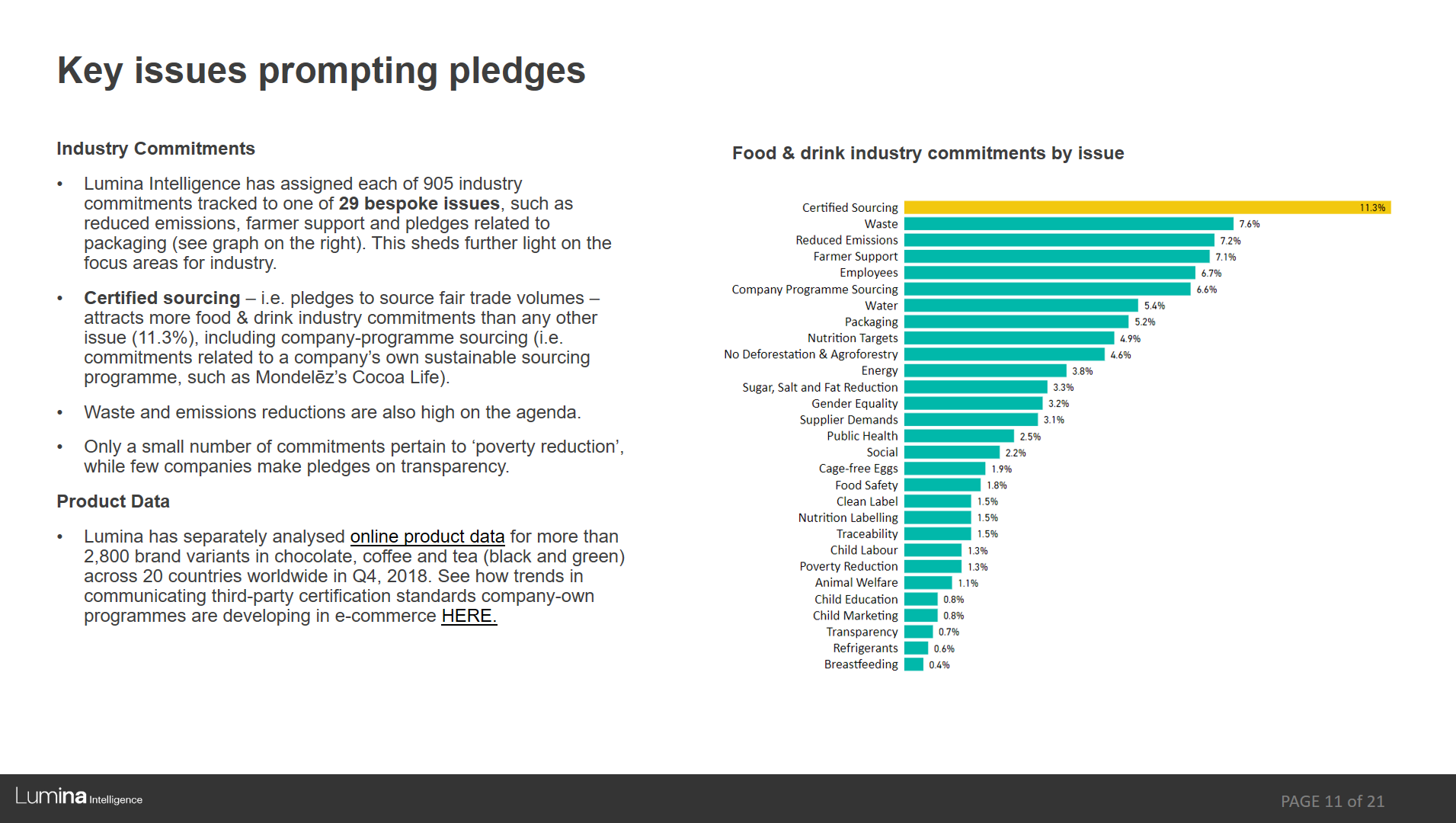


This report reviews how aligned industry pledges are to the UN’s Sustainable Development Goals. The analysis features pledges by manufacturers such as Nestlé, suppliers such as Cargill, food service operators like Starbucks and retailers such as Walmart and Amazon.
View all our reports
See the range of reports we offer on sustainability, focusing on the coffee, tea and chocolate sectors.


